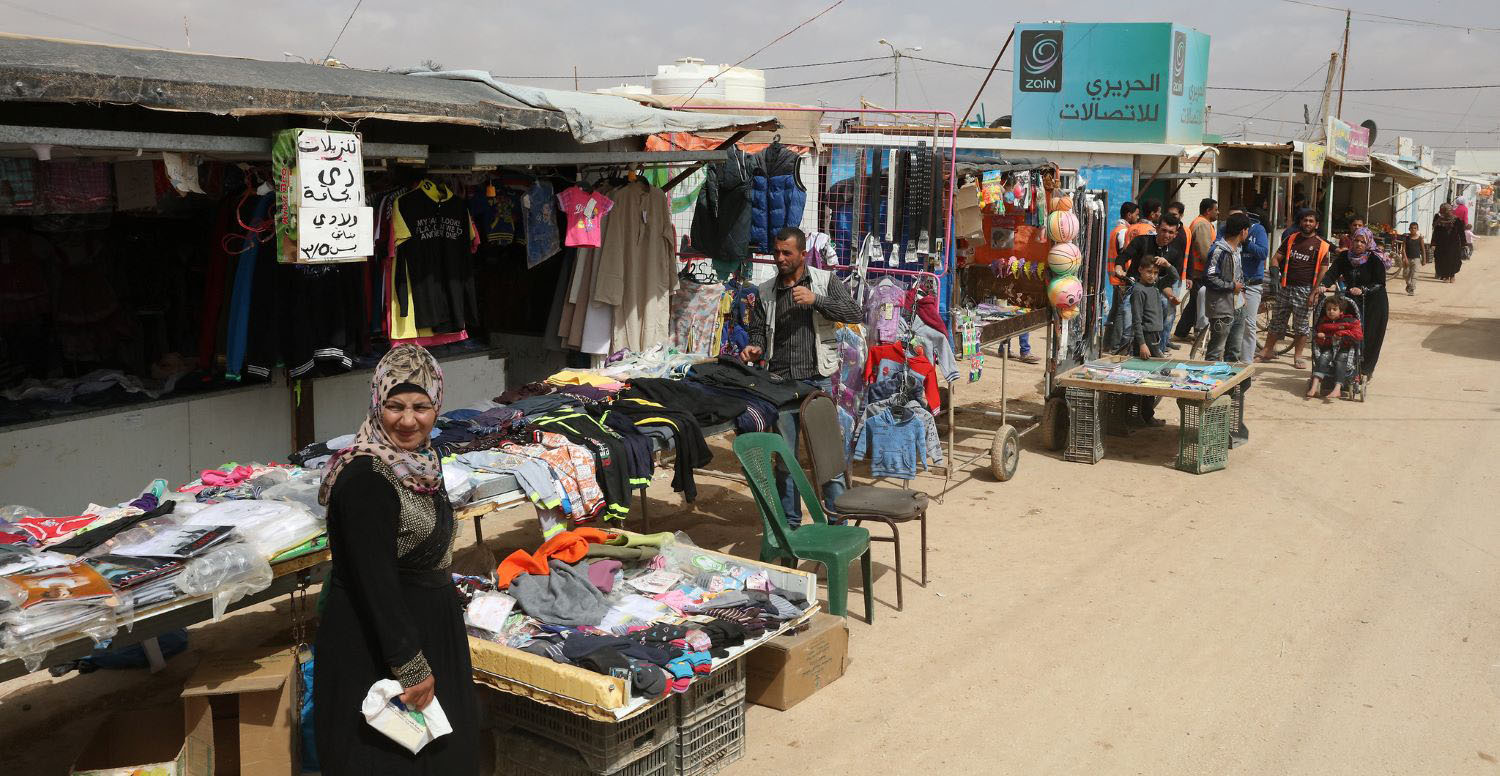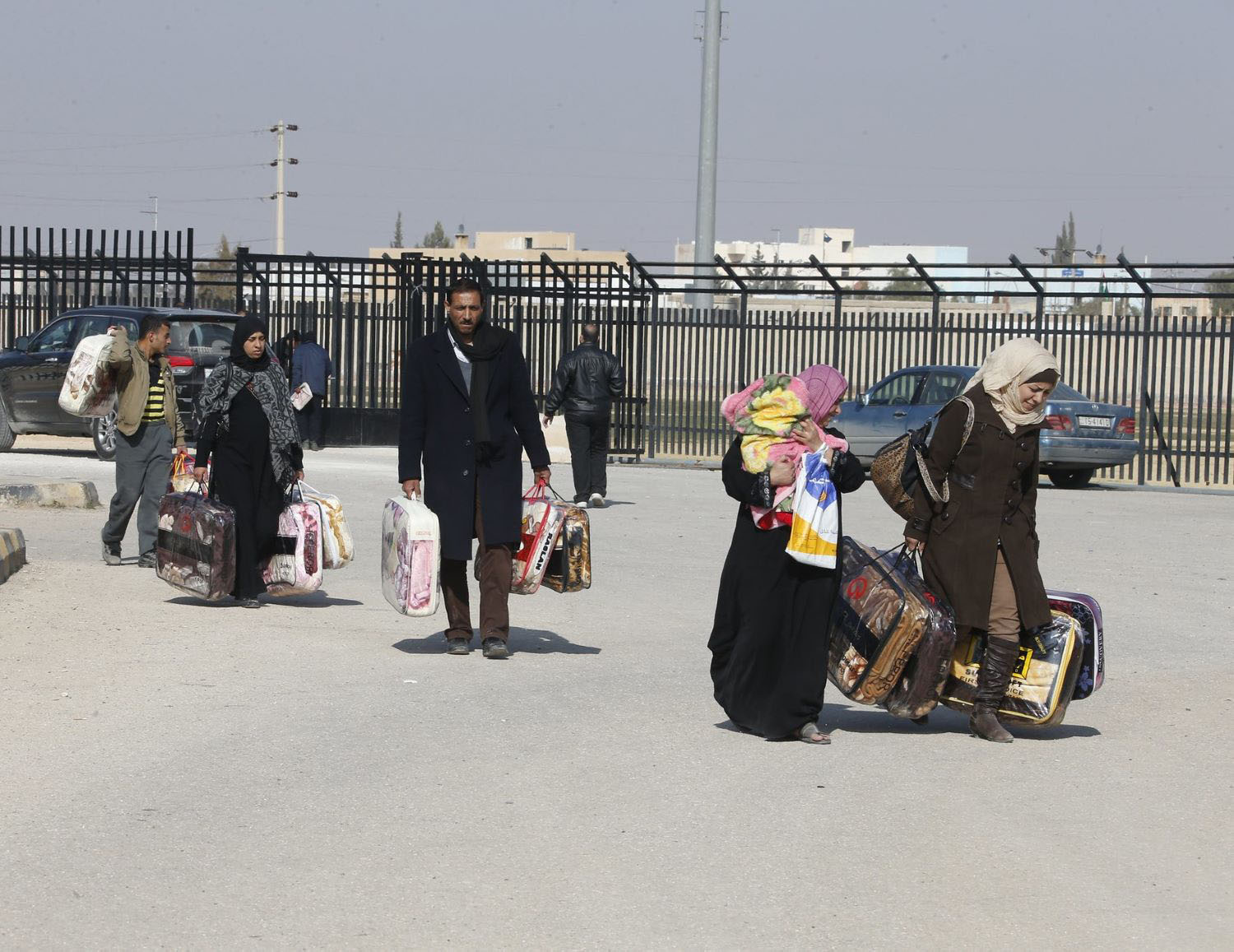I remember watching a presidential debate as a child and realizing, for the first, time, that candidates on the left and right simply make stuff up. As with the 19th-century “doctors” who built careers selling herbs and spices to cure cancer, there’s often no one in the room to challenge some of their equally false notions about economics.
Americans heard various political claims in the last few days about migrants’ remittances. Mexican workers harm the US economy, we’ve been confidently told, by sending remittances to Mexico. A real-estate salesperson running for US president made this claim. A “senior political correspondent” recommended a tax on Mexican remittances. It’s a go-to policy claim for pundits innocent of economics.
If you agree with this, you’re in good company. It’s an intuitive idea that pops up repeatedly over the centuries. Around 1900, many claimed that Italian immigrants were harming the United States by sending money abroad. All the way back to 1728, Jonathan Swift believed that outflows of money hurt Ireland. David Hume helped invent modern economics by challenging these ideas.
The idea keeps coming back because, if you think about it for a minute, it makes sense. Money buys stuff, and if it buys Mexican stuff, it’s not buying American stuff.
But if you think about it for one more minute, it falls apart. Here is a basic course in the economics of remittances for populist politicians. Economist Tyler Cowen explained this a decade ago; I’ll try again.
The bottom line: The more US dollars are sent to Mexico, the more the US economy benefits. (Nope, not a typo.) To understand why, you have to think about the difference between money and the real economy.
Start with a construction worker from Mexico. He comes to the United States to build a house for you, and you pay him dollars. You end up with a house, a real good that benefits you directly. He ends up with pieces of paper with ink on them—money. Those pieces of paper don’t benefit a person directly. They benefit the bearer only if they’re exchanged for things that do have value. (Try eating greenbacks—yuck.)
Only two things can happen next.
First, the dollars can circulate forever in Mexico, passing from hand to hand, until the paper wears out. To the Unites States, this is no different than if those bills were torched with a match. This is the best-case scenario for the States. It means that an American got a house without having to exchange any real good for it. The dollar bills are claims on American goods. If those claims are never exercised, the US got a house for free, a gift from the Mexican people.
Second, the dollars can sooner or later purchase an American good, service, or asset. If this happens then there’s a benefit to the American who provides that good, service, or asset. To them it’s no different than if the money had circulated through your hands before going to theirs. It’s giving them a claim on real goods that they can exercise because they made something valuable, a reward that stimulates more of that valuable activity, generating US jobs like all other spending on US stuff.
Those are the only two options. Either the United States gets something for free, or the remitted money ends up behaving just like non-remitted money. Neither of those harms the country. And if any fraction of the money never comes back—and research suggests that large amounts of it come back late or never—then more remittances to Mexico means more free stuff for the United States.
So what happens in Mexico? My research with David McKenzie of the World Bank finds that there is not a strong case for important macroeconomic benefits from remittances. Instead, as Tyler Cowen also pointed out, remittances allocate claims on goods to the workers and their families, shifting real income toward laborers. That has important benefits on poverty and welfare, in research by Dean Yang of the University of Michigan and others. Remittances help low-income workers feed their families, put their children through school, and cushion themselves against shocks like crime and disease.
There are other arguments against taxing remittances. Philosophers Christian Barry and Gerhard Øverland have discussed problems of justice that arise when rich people tax poor people in settings where the poor have no say in the matter. But we can set aside the un-Americanism of taxation without representation, and likewise set aside any issues of global justice. Such arguments are not even necessary. Remittances economically benefit the country where the remittance-senders work.
Strictly in terms of the US national self-interest, remittances are an economic benefit. The value of that gift has nothing to do with where migrants come from or their legal status. If we never see those dollar bills again, don’t forget to send Mexico a thank-you card for the free houses, free child care, and free vegetable-picking.
Disclaimer
CGD blog posts reflect the views of the authors, drawing on prior research and experience in their areas of expertise. CGD is a nonpartisan, independent organization and does not take institutional positions.





